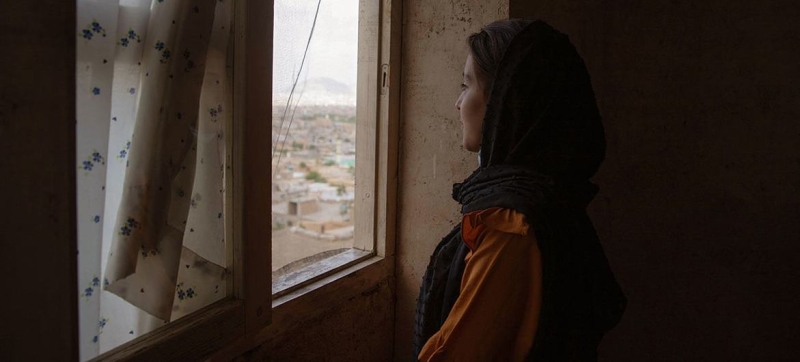
Women’s participation in political and peace processes is a guiding principle of the UN. Deputy UN chief: Afghan women’s rights in the spotlight of Doha meeting participants Peace and Security
Although Afghan women and civil society representatives were not invited to the negotiating table with the de facto authorities, their voices were heard. UN Under-Secretary-General for Political Affairs Rosemary DiCarlo announced this on Monday at a press conference held on the sidelines of the meeting of special envoys for Afghanistan in Doha.
She said the discussion was “frank and helpful.” Issues recognized as priorities by the authors of an independent study supported by the UN Security Council were discussed. On Sunday, special envoys and de facto authorities voiced their expectations, and today discussions centered on the private sector and the fight against drugs, DiCarlo said. there is deep international concern – on my part and on the part of the special envoys – about the continued serious restrictions on women and girls,” said the UN Deputy Secretary-General.
DiCarlo commented on the criticism, received regarding the lack of interaction with Afghan women at the meeting in Qatar. She noted that for the UN, women’s participation in political and peace processes is a guiding principle.
Focused discussions with Afghan women and civil society will take place on Tuesday, she said. “And although in the last two days representatives of women and civil society did not sit at the negotiating table with the de facto authorities, their voices were heard,” said the UN Deputy Secretary-General.
She explained that the United Nations has a mandate to support the negotiation process between the Taliban and the special envoys. “Unfortunately, the de facto authorities will not sit down at the negotiating table with representatives of Afghan civil society in this format,” DiCarlo said. “But they heard very clearly about the need to involve women and civil society in all aspects of public life.”
Read also:
Rosa Otunbaeva: restrictions on women’s rights in Afghanistan undermine the de facto authorities’ desire for legitimacy
She also emphasized that this meeting and the process of interaction do not mean a normalization of attitudes towards the de facto authorities or recognition of them as the legitimate leadership of Afghanistan. However, the discussion confirmed the unity of the international community in its determination to continue to engage with this country.
During the event, it was decided to create working groups on the private sector and the fight against drugs. “We anticipate that working groups will be created on other priority areas, especially on human rights and, in particular, on the rights of women and girls,” said the deputy head of the UN.
